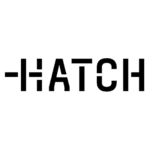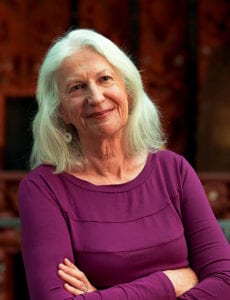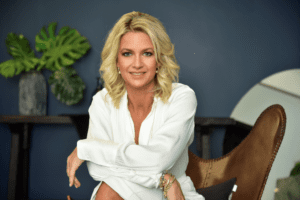
The Joy of Golf with John Hart
Former All Black coach, now on the Board of the Super Rugby Auckland Blues, talks about what golf means to him and what he gains from playing the game, no matter his score.
Listen now:
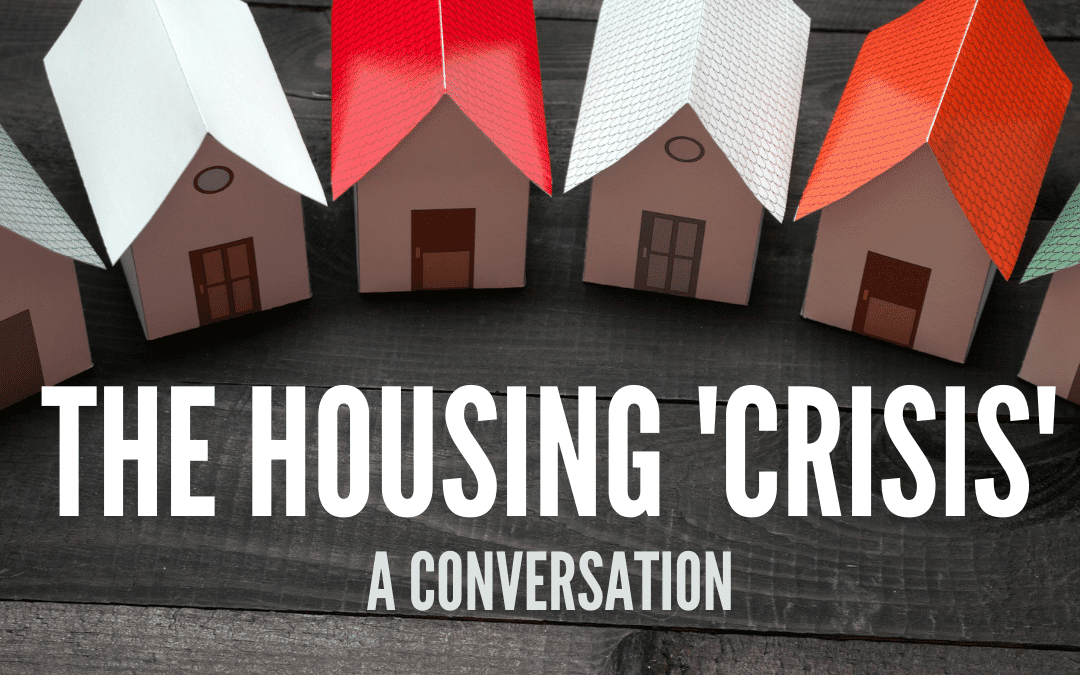
The Housing Crisis, Episode 145
We’ve been told we have a housing crisis – and recently, property investors have been asked to foot the bill to have it remedied. I’m wondering though – what exactly is the housing crisis?
The following episode contains a segment from another podcast, The Department of Conversation with Pat Brittenden. Awesome podcast and you should check it out if you haven’t already.
In the last couple of weeks, I’ve been digging into these latest changes to tax rules for property investors and this so called housing crisis. I’ve also been having a lot of discussions with property owners of all shapes and sizes, worried not only around what these changes mean to them, but how it’s going to affect the economy as a whole.
The main narrative in this space has been that due to hyper-activity of property investors, home ownership rates have suffered – first home buyers have been locked out of a market as investors have been gobbling up the existing housing stock. This is partially true in most recent history I’m sure, but I’ve yet to see data that supports the thesis that first home buyers can win somehow, by making property investors lose.
In 1921, the proportion of households that own their home, was 59%. 100 years later it’s about 65% – (https://www.stats.govt.nz/news/homeownership-rate-lowest-in-almost-70-years). While I can see data on home ownership rates, I’m not certain there’s data on what share of the 35% of non-property owners, are actively trying to get into the market – I would have imagined this would be taken into account by policy makers though…right?
Contrary to popular belief, in some ways, it’s never been easier to get into the property market, thanks to a long term decline in interest rates. When you buy a property with a mortgage, you’re not paying the price, you’re simply agreeing to make a series of payments until the mortgage is repaid. Where the price is relevant however, is when you account for the deposit that needs to be saved – without 20% deposit, while it’s not impossible, it can be tricky to gain bank approval these days.
So – if there’s a housing crisis, where did it come from? Is it an excuse to justify yet another tax on those who have, ultimately for the net benefit of those who don’t have, after the Government clips the ticket? Surely one of the first steps in determining how to fix a crisis, would be to determine it’s source – What about the lack of new housing, or the fact our interests rates have to be kept ultra-low even though by all accounts, they should actually increase.
If there’s a crisis in the area of housing, I’m going to suggest it’s not property investors and home buyers that are to blame. Either way, a housing crisis shouldn’t be justification to make it harder for tenants to pay rent, first home buyers to get into the market, and everyday property investors just trying to get above average. If this Government needs more tax, shouldn’t they come right out and ask for it – rather than manufacture anger amongst the have’s and have nots?
A couple of things to be aware of in this episode today:
-There’s some explicit language. Sorry about that – please be aware if listening in the car with kids.
-If you listen or watch the version of this show on The Department of Conversation, not that I made a mistake with one of my comments. The National Party was not the government of the day when the rules around claiming donations were changed – it was Peter Dunne, and the Government of the day was in fact Labour – sorry!
The NZ Everyday Investor is brought to you in partnership with Hatch. Hatch, let’s you become a shareholder in the world’s biggest companies and funds. We’re talking about Apple and Zoom, Vanguard and Blackrock.
So, if you’re listening in right now and have thought about investing in the US share markets, well, Hatch has given us a special offer just for you… they’ll give you a $20 NZD top-up when you make an initial deposit into your Hatch account of $100NZD or more.
Just go to https://hatch.as/NZEverydayInvestor to grab your top up.
____________________________________________________________
Like what you’ve heard?
You can really help with the success of the NZ Everyday Investor by doing the following:
1- Follow @darcyungaro on Clubhouse.
2- Write a review on Facebook, or on your favourite podcast player
3- Help support the mission of our show on Patreon by contributing here
4- To catch the live episodes, please ensure you have subscribed to us on Youtube:
5- Sign up to our newsletter here
NZ Everyday Investor is on a mission to increase financial literacy and make investing more accessible for the everyday person!
Please ensure that you act independently from any of the content provided in these episodes – it should not be considered personalised financial advice for you. This means, you should either do your own research taking on board a broad range of opinions, or ideally, consult and engage a financial adviser to provide guidance around your specific goals and objectives.
_____________________________________________________________________________
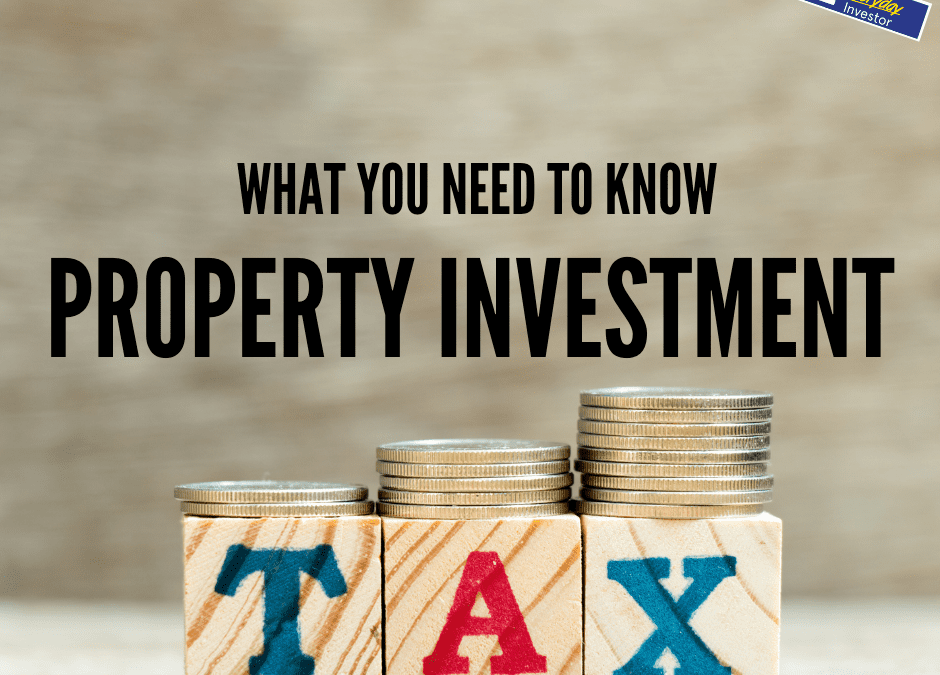
Property Investment Tax Changes, Ep 144 / Amanda Martin
Tax – We either tolerate it, or we pay it. Recently, and without any chance for consultation, the Government in New Zealand recently implemented new rules which will lead to far more tax collection when property is sold, or ownership altered, within a 10 year period. But wait, there is more here – much more.
Check out the following for more opinion pieces by Darcy Ungaro recently on this topic
On The Department of Conversation Podcast
In addition to changing capital gains tax rules, further proposed legislation if passed, will cease the ability of those in the business of providing accommodation to others, to claim interest as a deductible expense. What used to be referred to as a standard accounting principal, is now being called a loophole. Amanda Martin – specialist tax adviser, is my guest today and we’re talking about what these changes actually mean, and how they could have a much larger impact than what everyday people may initially appreciate.
In my conversation with everyday property investors in the last two weeks, I’m stunned how even they don’t fully appreciate what these changes mean for them. If this is how those that are affected think, I can only guess the bulk of NZ hasn’t a clue around what just happened, and what some of the outcomes could be.
If you’re trying to grow wealth through property this is an important episode yes, but even for those without property, if you’re trying to achieve more than the average in any area, this tax move could be more symptomatic of a larger trend we all need to wise up to.
It’s raining down cheap money all over the world right now, but property investors are the ones currently being targeting for getting wet – will any of these moves achieve good outcomes? Will cutting down tall poppies cull big bubbles? Will this really stop with property investors only? I’m not sure it will.
Today’s show is a mix of fact and opinion – so I would ask a favour from you if you don’t mind: Consider not if these changes affect you alone – try to think of some of the broader, secondary impacts this could have on rents, private ownership in NZ, our ability to create choices in our future – think about what other honey pots could be targeted and what that means for your life.
Now as I’ve been mentioning recently around Clubhouse, make sure you follow me at @darcyungaro and follow the NZ Everyday Investor. Last week I chatted with Amanda from today, Dean from last week, and another guest from a future episode – it’s an awesome opportunity to hear other perspectives and get a chance to ask some questions you may have of your own – if you have an iphone and you want an invite, simply hit me up and I’ll fire one through to you.
The NZ Everyday Investor is brought to you in partnership with Hatch. Hatch, let’s you become a shareholder in the world’s biggest companies and funds. We’re talking about Apple and Zoom, Vanguard and Blackrock.
So, if you’re listening in right now and have thought about investing in the US share markets, well, Hatch has given us a special offer just for you… they’ll give you a $20 NZD top-up when you make an initial deposit into your Hatch account of $100NZD or more.
Just go to https://hatch.as/NZEverydayInvestor to grab your top up.
____________________________________________________________
Like what you’ve heard?
You can really help with the success of the NZ Everyday Investor by doing the following:
1- Follow @darcyungaro on Clubhouse.
2- Write a review on Facebook, or on your favourite podcast player
3- Help support the mission of our show on Patreon by contributing here
4- To catch the live episodes, please ensure you have subscribed to us on Youtube:
5- Sign up to our newsletter here
NZ Everyday Investor is on a mission to increase financial literacy and make investing more accessible for the everyday person!
Please ensure that you act independently from any of the content provided in these episodes – it should not be considered personalised financial advice for you. This means, you should either do your own research taking on board a broad range of opinions, or ideally, consult and engage a financial adviser to provide guidance around your specific goals and objectives.
_____________________________________________________________________________

Seeby Woodhouse, Voyager DDOS, Wifi Mesh Hands On
We exclusively discuss a cyber attack on internet provider Voyager with Founder and Chief Executive Seeby Woodhouse. Also featured – working from home vs office based working, the importance of solid home Wi-Fi and a hands on review of the latest mesh Wi-Fi being distributed by Vodafone and Vocus and a number of perspectives on cyber security – including the recent data leak at Ubiquiti.
Special thanks to organisations who support innovation and tech leadership in New Zealand by partnering with NZ Tech Podcast:
Umbrellar Connect
Sumo Logic
Vodafone NZ
HP
Spark NZ
Vocus
Gorilla Technology

NZ Sales and Marketing Insider – Episode 6: Gareth Codd
This week Ben speaks to Gareth Codd, international media industry veteran and currently MediaWorks New Zealand’s Commercial Director. Hear Gareth’s advice and tips, gathered over more than a quarter of a century as he enabled media publishers in print, digital, radio and outdoor as well as countless advertisers to navigate the changing face of media.
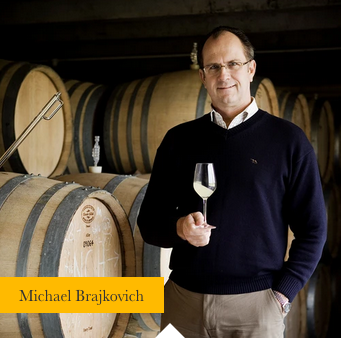
Michael Brajkovich – MW: Kumeu River Wines
Michael Brajkovich, New Zealand’s first Master of Wine (MW), is a member of the Institute of Masters of Wine in London as well as a respected wine judge in both New Zealand and Australia. Following in the footsteps of Grandfather Mick and father Maté, the Brajkovich family and Kumeu River Wines is a story that parallels the New Zealand wine industry. As a winemaker, Michael aims to be recognised as producing world class Chardonnay.
Listen to the Podcast Here:
www.kumeuriver.co.nz www.nzwinepodcast.com www.instagram.com/nzwinepodcast
Music track featured on this podcast: ‘Here He Was’ – courtesy of Brent Page. Dog Squad Music
This episode is brought to you with thanks to www.bizebu.com – Let’s get your business started!

The NZ Brain Gain with Mark Rees (CTO, Xero)
Mark Rees (Chief Technology Officer, Xero) joins Paul Spain to discuss his journey at Xero from a multi-year technology pivot, to the role of artificial intelligence plus learnings and upsides of COVID-19 – including a flip on the brain drain New Zealand has grown used to.
Special thanks to organisations who support innovation and tech leadership in New Zealand by partnering with NZ Tech Podcast:
Umbrellar Connect
Sumo Logic
Vodafone NZ
HP
Spark NZ
Vocus
Gorilla Technology
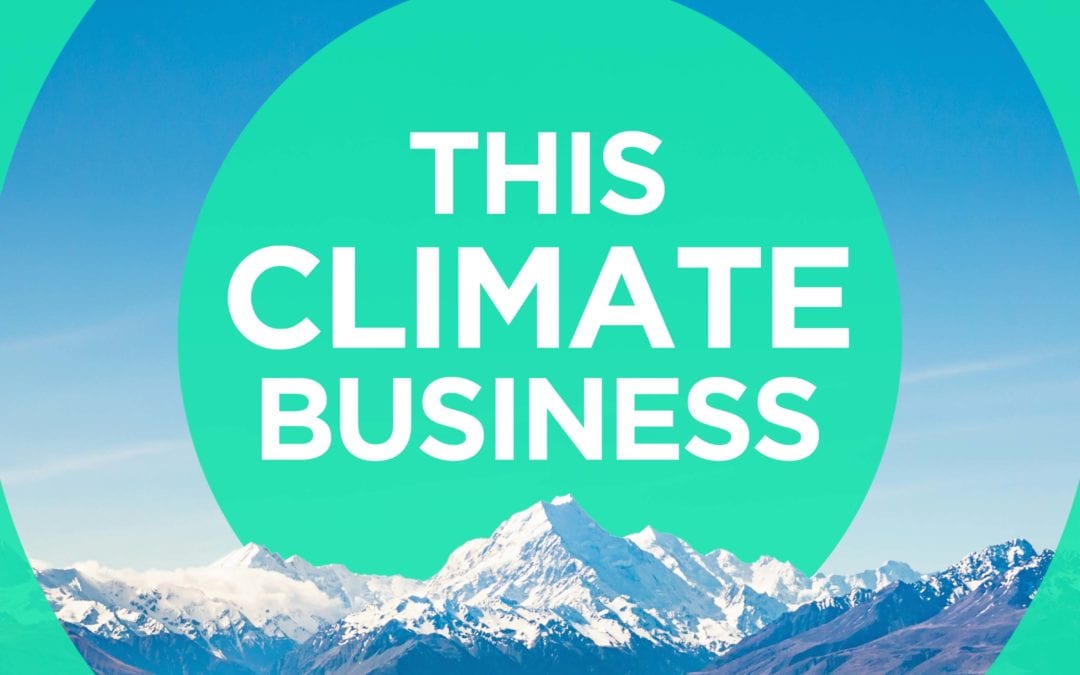
The advantage of native forests: Sir Stephen Tindall, Dame Anne Salmond and more!
This week Vincent attended the launch of O Tātou Ngāhere, a joint venture between Tāne’s Tree Trust and business lobby group Pure Advantage. They’re calling for a major shift in thinking about native forests, arguing that it’s not just the job of government but of farmers, landowners and all New Zealanders to plant and nurture native trees. They have a target of 2 million hectares of new native forests – many times more ambitious than the 300,000 hectares proposed by the Climate Change Commission.
Vincent grabbed a few minutes with some of the key contributors to ask why does this matter and what would it look like if you succeeded? He started with Sir Stephen Tindall, followed by Dame Anne Salmond and then Peter Berg, chairman of Tāne’s Tree Trust, and Sheridan Ashford and Adrian Loo, of Future Foresters.
Hear the Podcast Here:
Background
We know that forests are critical to solving climate change. They absorb carbon dioxide as they grow. They keep that carbon stored as mature trees or as timber when their harvested. They replenish soils, foster rain, provide habitat for other species and make excellent places for mountain bike trails and secret love shacks. Who doesn’t love a forest?
Not us, if you look at our track record. In the last 200 years we’ve cut down and burned more than 80% of NZ’s original forests. What remains of that primeval wonderland are pockets of conversation managed by the government and protected patches on privately owned farms. And where we have replanted trees, we’ve favoured exotic species, especially the mighty pinus radiata, much loved for its fast growing, versatile timber – but not loved for its tendancy to smother native competition and in many parts of the country become a wilding pest.
But that could soon change. A new movement is underway led by Tane’s Tree Trust, a group of fiesty foresters, farmers and scientists, who want to reverse the deline in native forests by rewarding rewarding and incentivising private landowners to plant native trees. They say native forests have multiple advantages and can comfortably sit alongside farms and pine forests as sources of income: as long-term carbon stores, for biodiversity credits and controversially as a source of rare, rainforest timber, fetching high prices on the global stage.
This week Tane’s Tree Trust launched O Tatou Ngāhere (Our Forest), a joint venture with business lobby group Pure Advantage. Together they are calling for a major shift in thinking and practice regarding native forests – that it’s not just the job of government but of farmers, landowners and all New Zealanders to plant and nurture native trees.
This is especially true if New Zealand is to meet its climate change targets. In January the Climate Change Commission proposed 300,000 hectares of new native forests be established by 2035 to provide effective carbon sinks over the next century. Pure Advantage is more ambitious. “We think 350,000 is doable under the current settings,” says Sir Stephen Tindal, a trustee of Pure Advantage. “ And that with the right changes to regulations and incentives, we could achieve the ‘moonshot’, of between 1 million and 2 million hectares of new permanent native forest cover in the next 15 years.
“Successfully achieving this could reduce our current carbon footprint and add numerous other commercial and biodiversity benefits.”
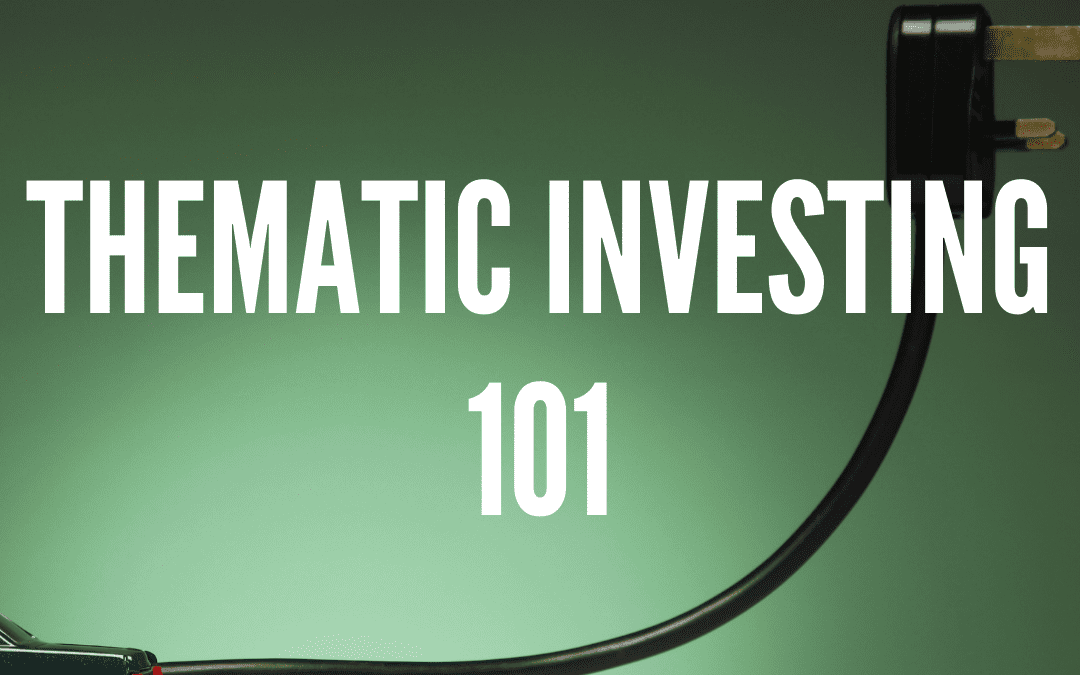
Thematic Investing 101, Dean Anderson / Ep 143
Potentially thematic index investing can provide all that we seek in pursuit of a good return, but hopefully with less risk. So what is it?
In order to fully understand what thematic investing is, you need to lay a good platform. So today, before we answer this question, we’ll cover some basics – there’s something for everyone today really.
Thematic index investing appears to give us all that we seek when we believe in a broader theme that could materialise in the future, but with diversification that ultimately could mellow out the bumps along the way. Biotech, blockchain technology, electric vehicles, space, renewables – often the opportunity is in the theme, not just a few companies everyone’s already heard of. Thematic investing carries some risks however, and this is why it shouldn’t be considered as part of your core wealth-building strategy. What happens if the theme you’re banking on doesn’t happen? What if, perhaps during the rebalance of the portfolio, the winners are cut off too soon? What if your emotions get the better of you, just like it can with individual shares, you may capitulate, then potentially sell at a low point.
Investing carries risk – but by far, the biggest risk there is, potentially sits with the investors who only started their journey within the last 12 months. What happens when the thrill is gone, and 100% annual returns are no longer available? Will investors keep on climbing up the risk spectrum in search of a returns their minds have grown addicted to, or will they simply exit this space, downtrodden and dejected with no desire to get involved ever again?
Dean Anderson, founder of Kernel Wealth, joins me in a quest today to answer the basic questions first, like:
What is index investing?
What is the Core/Satellite approach to investing? Check out another episode on this topic here.
What is thematic investing?
What role can our emotions play when investing in the current climate and what’s the danger, really.
The NZ Everyday Investor is brought to you in partnership with Hatch. Hatch, let’s you become a shareholder in the world’s biggest companies and funds. We’re talking about Apple and Zoom, Vanguard and Blackrock.
So, if you’re listening in right now and have thought about investing in the US share markets, well, Hatch has given us a special offer just for you… they’ll give you a $20 NZD top-up when you make an initial deposit into your Hatch account of $100NZD or more.
Just go to https://hatch.as/NZEverydayInvestor to grab your top up.
____________________________________________________________
Like what you’ve heard?
You can really help with the success of the NZ Everyday Investor by doing the following:
1- Follow @darcyungaro on Clubhouse.
2- Write a review on Facebook, or on your favourite podcast player
3- Help support the mission of our show on Patreon by contributing here
4- To catch the live episodes, please ensure you have subscribed to us on Youtube:
5- Sign up to our newsletter here
NZ Everyday Investor is on a mission to increase financial literacy and make investing more accessible for the everyday person!
Please ensure that you act independently from any of the content provided in these episodes – it should not be considered personalised financial advice for you. This means, you should either do your own research taking on board a broad range of opinions, or ideally, consult and engage a financial adviser to provide guidance around your specific goals and objectives.
_____________________________________________________________________________

Going Beyond Butter Chicken
The tables are turned this episode. Find out how the Kiwi Foodcast helped one food entrepreneur launch a new food business and follow her passion to take Kiwis on a journey beyond butter chicken.
When my mum and I moved to New Zealand, I was always the odd one out at school. Other kids brought sandwiches while mum always packed me some Indian leftovers. “What’s that, butter chicken?”, my Kiwi friends would ask while I waited near the microwave for my food to be heated. My eyes would roll inside my head. If only they knew the joys of a true Indian dish. It took growing up, moving back to India and missing the oddly orange ‘Kiwi’ butter chicken, to realise that it wasn’t anyone’s fault. After all, butter chicken, tikka masala and naan were the only dishes they knew! How were us Kiwis to get a taste of real India if no one ever made us taste it? I parked that thought until I moved back to New Zealand in 2019.
As I started making new friends, I encountered old conversations.
“Oh you’re from Mumbai? I love having curry”, they’d say.
or, “I love Dahl but sadly I can never get it right”.
or, “I bought curry powder at the Indian shop but my curry didn’t taste anything like the one I usually order. Not quite sure what to do with it now, aye”.
It clicked that if I wanted my friends and those around me to experience the true taste of India, I had to do more than talk about it. I had to bring those flavours into their kitchen and show them how truly versatile they could be! I wanted to show my fellow Kiwis that Indian spices can be used to make just about anything, from dahl to roast to pasta and everything in between. It was time to start the journey and move beyond butter chicken. Why are these notes in the first person? Because, this time around, I am a guest on my own podcast.
Guest host Grace Kreft of the PepTalk podcast chat’s with me this week. We discover:
- The importance of sharing the stories of NZ food entrepreneurs
- How Kiwi Foodcast helped me launch my own business
- Getting to the starting line of a food business – what’s involved
- Dolly Mumma and how she inspired my love for food
Listen to the Podcast Here:
Hungry for Indian food? Head to www.dollymumma.com and get a taste of the real India.

Inside The Spark / Samsung 5G Network
With Spark having recently announced a partnership with Samsung to build the next phase of their 5G network, Paul Spain talks with Todd Selwyn (Head of Networks at Samsung Electronics NZ) and Renee Mateparae (Technology Evolution, Spark).
Special thanks to organisations who support innovation and tech leadership in New Zealand by partnering with NZ Tech Podcast:
Umbrellar Connect
Sumo Logic
Vodafone NZ
HP
Spark NZ
Vocus
Gorilla Technology


